
Basketball enthusiasts, whether amateur or experienced, know the importance of selecting the right sports balls for their game. From ensuring optimal performance and safety to maximizing your skills on the court, choosing the right basketball, soccer ball, or football is crucial. In this guide, we’ll walk you through the key factors to consider when selecting sports balls for various activities, so you can make informed decisions and elevate your game to the next level.
Thank you for reading this post, don't forget to subscribe!
Table of Contents
Key Takeaways:
- Determine the sport: Choose a ball designed specifically for the sport you will be playing.
- Consider the playing surface: Different types of balls are suitable for different playing surfaces, such as grass, turf, or indoor courts.
- Check the size and weight: Make sure the ball is the correct size and weight for your age and skill level.
- Quality construction: Look for balls made from durable materials that can withstand frequent use.
- Budget-friendly options: There are affordable sports balls available that still offer good quality and performance.
- Brand reputation: Consider purchasing balls from reputable brands known for their quality products.
- Read reviews: Take the time to read reviews from other users to get an idea of the ball’s performance and durability.
Understanding the Types of Sports Balls
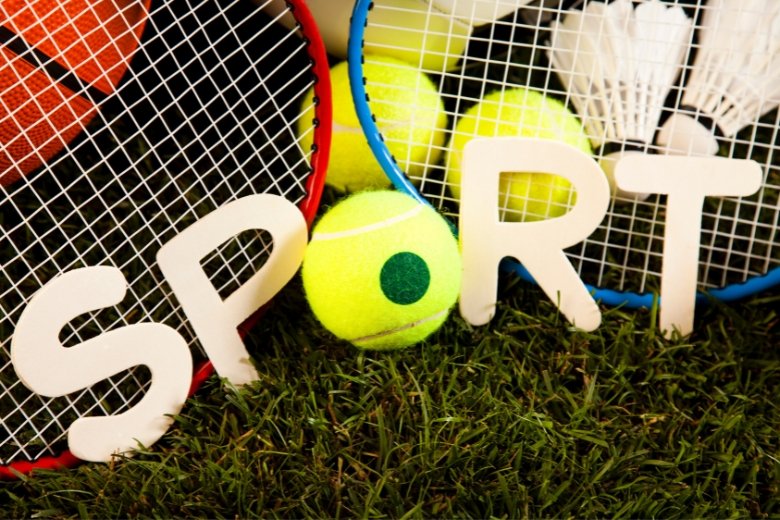
For a comprehensive understanding, it is vital to distinguish between the different types of sports balls. Each sports ball is uniquely designed for a specific sport, with varying sizes, materials, and features. Perceiving the characteristics of each type can help you make an informed decision.
| Football | Basketball |
| Tennis Ball | Golf Ball |
| Volleyball | Baseball |
| Soccer Ball | Rugby Ball |
| Cricket Ball | Softball |
Overview of Popular Sports Balls
On the most popular sports balls are football, basketball, tennis ball, golf ball, volleyball, baseball, soccer ball, rugby ball, cricket ball. Each of these balls has specific characteristics and is used in a wide range of sports activities.
Less Common but Still Important Options
With less common but still important options, sports enthusiasts may find exciting variations like medicine balls, lacrosse balls, kickballs, dodgeballs. These balls offer unique features and are used in specific sports or training sessions.

Factors to Consider When Choosing a Sports Ball
While selecting a sports ball, there are several factors to keep in mind to ensure you get the right one for your needs. Consider the following:
- Size and Weight
- Material and Construction
- Bounce and Air Pressure
Size and Weight
For size and weight, it is crucial to choose a sports ball that is appropriate for the age and skill level of the players. Different sports require specific sizes and weights to ensure proper gameplay and performance.
Material and Construction
Material and construction play a significant role in the durability and performance of a sports ball. Choosing a ball made from high-quality materials and solid construction will ensure longevity and consistent play.
Plus, factors like the grip, stitching, and bladder of the ball can impact its performance and longevity. Opt for sports balls with reinforced seams and a sturdy bladder for optimal durability.
Bounce and Air Pressure
Now, consider the bounce and air pressure of the sports ball. The bounce should be consistent and appropriate for the sport, while the right air pressure is crucial for proper handling and responsiveness during gameplay.
Sports balls with optimal bounce and air pressure will enhance your playing experience and ensure accurate performance in various game situations.
Tips for Selecting the Right Sports Ball
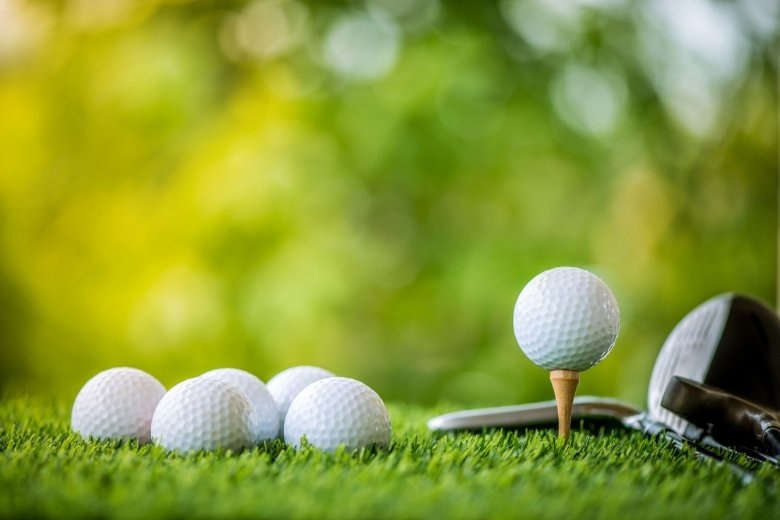
To ensure you choose the perfect sports ball for your needs, consider the following tips:
- Consider Your Skill Level and Playing Style
- Think About the Surface You’ll Be Playing On
- Don’t Forget About Budget and Durability
Consider Your Skill Level and Playing Style
Assuming you’re a beginner or casual player, opt for a ball that offers good control and forgiveness. Those with more experience may prefer a ball that allows for precision and power. Perceiving how you play will help you choose the right ball.
Think About the Surface You’ll Be Playing On
Think about the type of surface you’ll be playing on, whether it’s grass, clay, hardwood, or pavement. For instance, if you’ll be on a hardwood court, a ball with good bounce and grip is important.
Don’t Forget About Budget and Durability
Assuming you have a limited budget, look for a sports ball that offers the best value for money without compromising durability. About choosing a durable ball that fits your budget can ensure you enjoy it for a long time.
A Step-by-Step Guide to Choosing Your Perfect Sports Ball
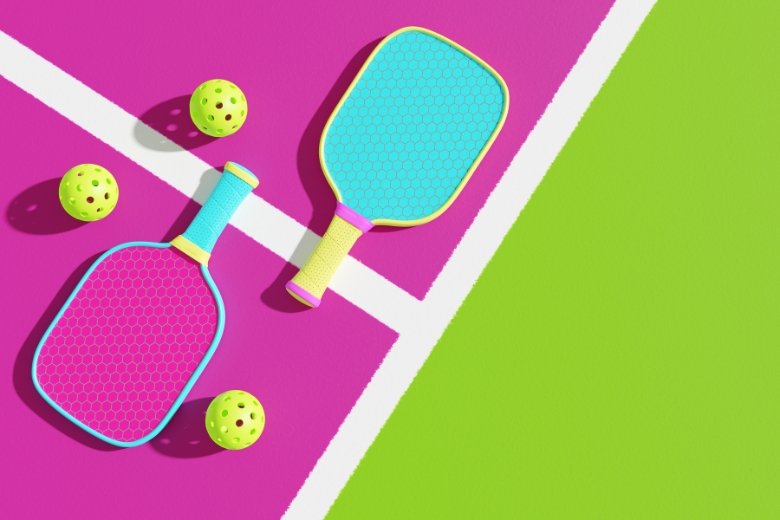
Identify Your Needs and Priorities
| Sports | Consider the type of sport you will be playing with the ball. |
Before choosing a sports ball, it’s vital to identify your needs and priorities. Think about the type of sport you’ll be playing, the playing surface, and your skill level to determine the ideal ball for you.
Research and Compare Different Options
| Priorities | Compare different brands, materials, and prices to find the best option. |
When researching sports balls, compare different options based on your priorities. Look at factors like brand reputation, materials used, and pricing to ensure you choose a high-quality ball that meets your requirements.
Your final decision will be based on how well the sports ball meets your needs and preferences. Take the time to consider all aspects of the ball, including its durability, performance, and overall value for money.
Read Reviews and Ask for Recommendations
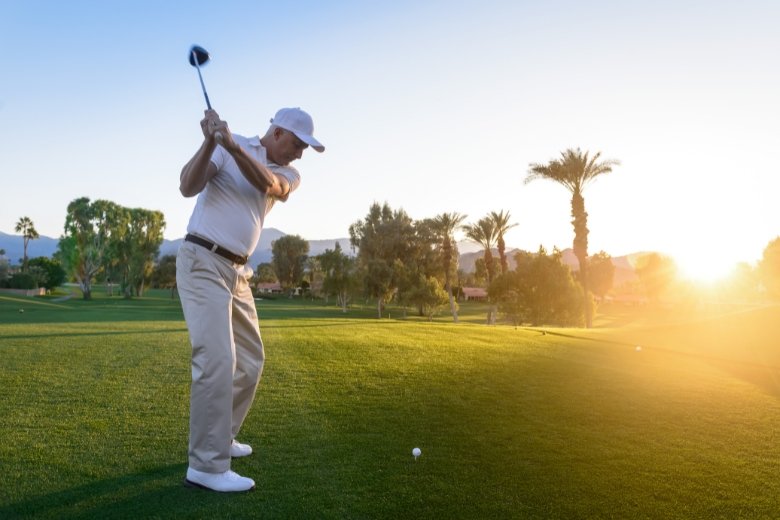
Some ideas for finding the perfect sports ball include reading online reviews and asking for recommendations from coaches, teammates, or sports equipment experts. These insights can help you make an informed decision based on others’ experiences.
Make Your Final Decision
If you’re having trouble deciding between multiple sports balls, consider factors like durability, performance, and price to make your final decision. It’s vital to choose a ball that not only meets your needs but also offers long-term usability and value.
Guide: Remember to prioritize your needs and preferences, research thoroughly, and consider feedback from other users to make an informed decision when choosing your perfect sports ball.
Weighing the Pros and Cons of Different Sports Balls
| Football | Basketball |
| Pros: Durable, easy to grip | Pros: Good for indoor and outdoor use |
| Cons: Limited to certain sports | Cons: Requires inflation maintenance |
| Tennis | Golf |
| Pros: Good for hand-eye coordination | Pros: Precision and control |
| Cons: Easily affected by weather | Cons: Expensive and can be lost easily |
The Advantages and Disadvantages of Each Type
With a variety of sports balls available, each type comes with its own set of advantages and disadvantages. Understanding these can help you make an informed decision based on your needs and preferences.
Common Misconceptions to Avoid
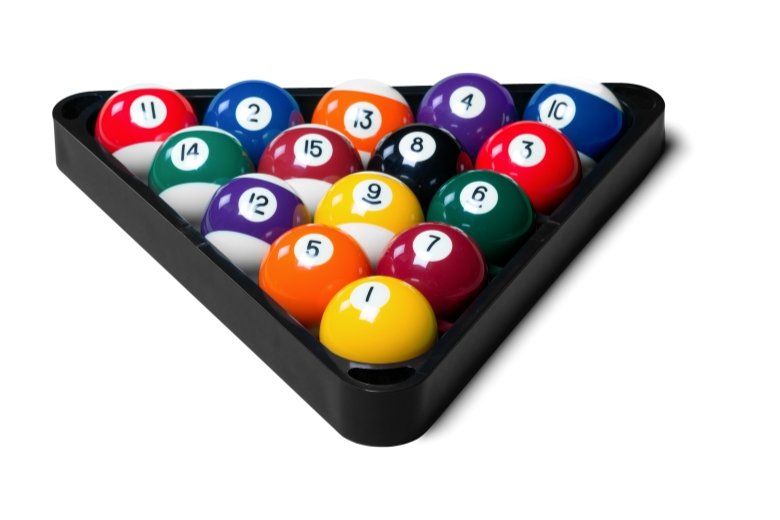
You may come across misconceptions about certain sports balls that could influence your purchasing decision. It’s important to do thorough research and not fall for common myths that may not be accurate.
For instance, some people believe that a more expensive sports ball will automatically be better in quality, but this is not always the case. It’s important to consider the specific features and characteristics of the ball rather than just the price tag.
Conclusion
Following this guide to choosing sports balls will help you make informed decisions when selecting the right equipment for your favorite activities. Consider factors such as material, size, and playing surface to ensure optimal performance and enjoyment during your games. Remember to maintain and care for your sports balls properly to prolong their lifespan and enhance your overall sporting experience.
FAQ
Q: What factors should I consider when choosing a sports ball?
A: When choosing a sports ball, consider the sport you will be playing, the playing surface, the level of play, and your personal preferences for weight, size, and feel of the ball.
Q: How does the playing surface impact the choice of sports ball?
A: The playing surface can impact the choice of sports ball by affecting its bounce, grip, and durability. For example, a basketball used on an indoor court may differ from one used on an outdoor court.
Q: Why is it important to consider the level of play when selecting a sports ball?
A: The level of play is important to consider when selecting a sports ball because different levels of play may have different requirements for performance, durability, and adherence to regulations. A professional athlete may require a higher quality ball compared to a recreational player.
Q: How do I determine the right size of sports ball to choose?
A: The right size of a sports ball depends on the age and skill level of the players. Most sports have standard sizes for balls based on age groups, so it is important to refer to these guidelines when selecting a ball.
Q: What are some common materials used in sports balls and their characteristics?
A: Common materials used in sports balls include leather, rubber, synthetic leather, and PVC. Each material has its own characteristics in terms of grip, durability, bounce, and feel. It is important to consider these factors when choosing a sports ball.



